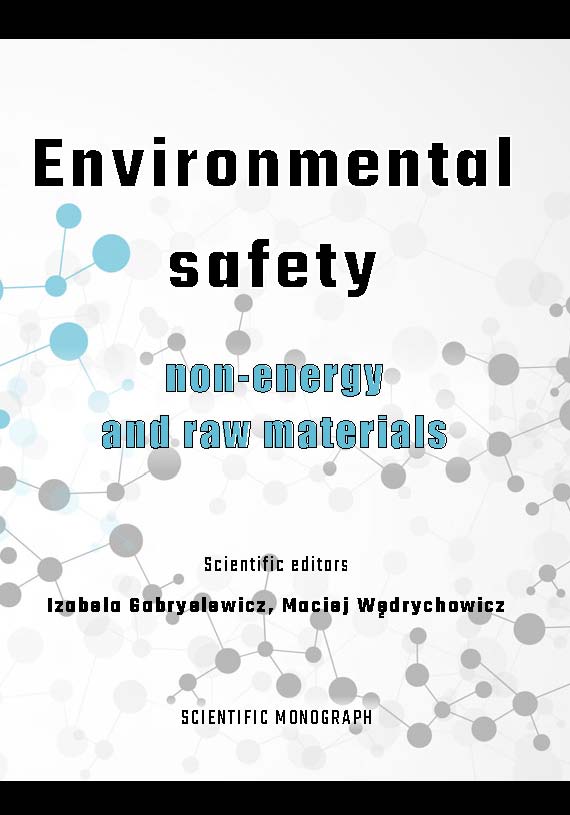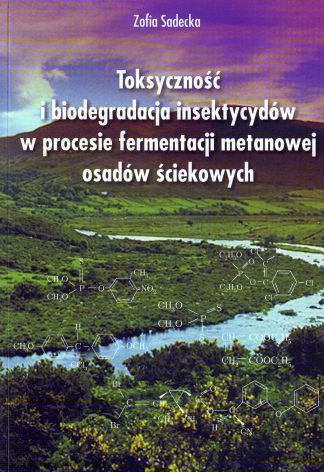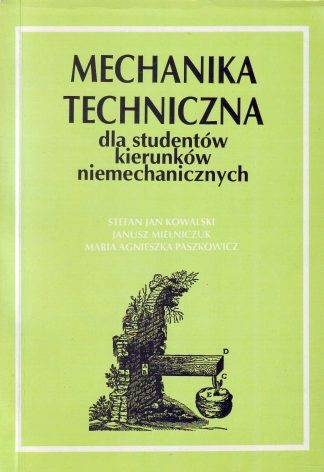Opis
The environmental quality is understood as an overall assessment of the environmental condition in terms of human needs and expectations. It depends on the natural properties of nature in a specific area and changes made by human actions. Indicators of environmental quality are: state of atmospheric cleanliness, state of cleanliness and availability of water, amount of waste accumulated on landfills, area of forests and greenery per one inhabitant. The environmental quality depends on human activity and should be considered in relation to the product. Research on the environment should concern:
——
achievement by the product of a certain quality – level of particular features in the analysis of ecological effects in the whole or defined part of the product life cycle,
——
selection of production methods to achieve the assumptions, with a minimal negative impact on the environment.
The consequence of industrial activities is the production of products that affect ecosystems. The functioning of production systems and their impact on ecosystems is related to the creation of various products, waste and energy.
There is a need to clarify the approach to environmental issues. It results from the specificity of issues concerning the quality of products and their production processes as well as from the fact that they are the basis for most of the ecological hazards that civilization creates. The study of relations between the product and environment and, in a broader approach, the product and production process requires a complete analytical approach to the product life cycle.
[frg. tekstu]









